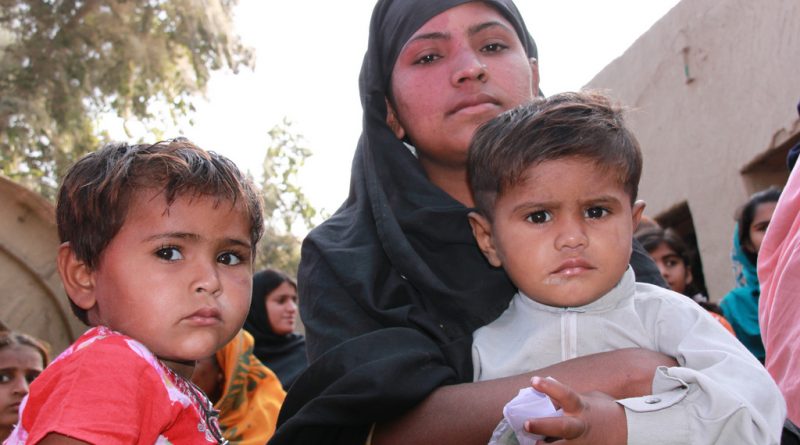This report on the political economy of undernutrition in Pakistan describes research carried out to provide technical assistance to inform the work of stakeholders (including United Kingdom’s Department for International Development (DFID) in Pakistan) committed to addressing undernutrition in Pakistan through an analysis of the political economy around the underlying and basic causes of undernutrition in country.
The aim of the study was to understand constraints and opportunities at the agenda setting stage of the policy cycle, with a focus on the commitment of national actors and institutions to nutrition-related policies:
- Why has nutrition not been on the agenda in Pakistan?
- How has it been dealt with so far?
- What can be done to put it on the policy agenda?
Conclusion Summary
Pakistan is lagging behind in the reduction of undernutrition. Initial gains made on nutrition following the 2010 devolution can be sharpened and sustained with simple, evidence-based and affordable joint interventions across key sectors of health, food, agriculture, poverty, education, water and sanitation supported with links to disaster mitigation and recovery. Leveraging nutrition as a wider development agenda requires championing by the political and bureaucratic leadership and significant funding commitment by the state. The ‘homelessness’ of nutrition must be addressed in the provinces with central convening structures. These will help to shape the province-specific response across sectors where silos have developed.
Provincial strategising must be supported with national coordination through the development of a national nutrition policy, funding consolidation under Medium Term Budgetary Framework and links with key federal programmes. Nutrition advocacy, community education, defining of affordable interventions, technical capacity building at districts and interim progress monitoring are key areas for investment in Pakistan.


